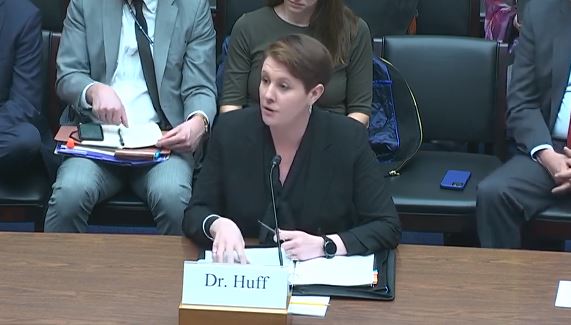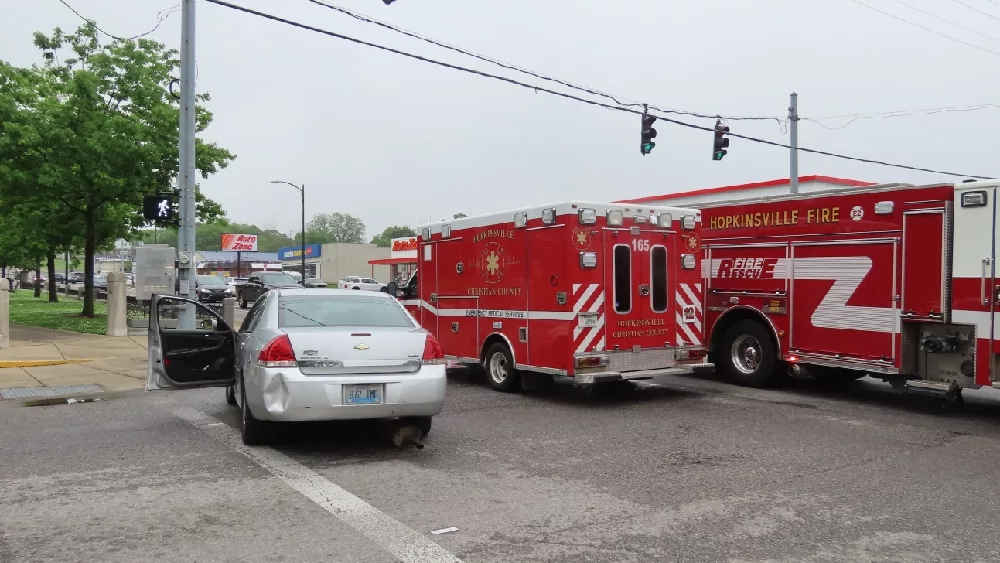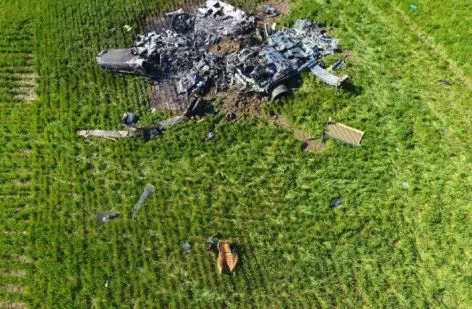
As the nation continues its preparations for a diversified power portfolio, western Kentucky remains poised be a conduit for the energy equation in the coming years.
Discussions in Washington, D.C., last week centered on Paducah and the ongoing clean-up around the former Department of Energy nuclear and gaseous diffusion plant known as USEC — which was constructed in 1952, but ceased full-time operations in 2013.
During a subcommittee session of Economic Growth, Energy Policy and Regulatory Affairs, Congressman James Comer addressed Office of Nuclear Energy Assistant Secretary Dr. Kathryn Huff about leading industries coming to McCracken County — in order to, once again, develop the country’s advanced nuclear power capabilities.
Comer thanked Dr. Huff for her visit to Paducah last year, when she made an appearance at a symposium for the Energy Communities Alliance.
Comer also noted that, currently, McCracken County receives more than $240 million annually from the Uranium Enrichment Decontamination and Decommissioning Fund for site remediation activities, and that the Ohio River region of the Jackson Purchase remains committed to appropriately refitting more than 750 of the 3,500-acre location.
At the state level, Comer said a nuclear working group has been established to analyze the Commonwealth’s “regulatory environment, and to develop strategies to promote nuclear energy development,” and that this working group concluded that there were “no insurmountable policy barriers to the development of nuclear [energy] in Kentucky,” and that the recommendation is for a permanent nuclear authority to advance nuclear causes across the state.
Dr. Huff said she was “really impressed” with the leadership from his community in “thinking ahead” on re-industrialization, and that west Kentucky “holds immense amounts of resource in the workforce.”
Comer confirmed to Dr. Huff that Global Laser Enrichment — a commercial company that specializes in producing nuclear fuel for safe, reliable carbon-free nuclear power — possesses “significant interest” in partnering with the community to develop a commercial-scale facility, one which can supply uranium, conversion, low-enriched uranium, and HALEU, or high-assay low-enriched uranium.
According to the U.S. Department of Energy, HALEU is a specific fuel for advanced reactors that is enriched between 5-and-20% with uranium-235. It is required in order to create smaller reactor designs, longer life cores and improved fuel utilization.
Dr. Huff said a HALEU RFP has been released, and that earlier last week, DOE officials made clear what was to be expected from those proposals. She added that the DOE would like to see a “competitive process” in which procurement could be possible for HALEU for Paducah and beyond.
But there’s going to be a need for more money in the national budget, and she called this recent RFP a “historic moment” for the marketplace.
At present date, the site remains under facility deactivation and decommissioning, as well as a new 10-year strategic vision that was drafted in 2022 — which will continue a focus on remediation groundwater contamination plumes, as well as the demolition of several former uranium enrichment process buildings.
Prior to its shutdown, the Tennessee Valley Authority provided power to the site, and as of 2024 TVA has three nuclear plants capable of generating an average 8,275 megawatts of electricity per day:
— Browns Ferry, near Athens, Alabama
— Sequoyah, in Soddy-Daisy, Tennessee
— Watts Bar, near Spring City, Tennessee
TVA’s promise to severely reduce carbon emissions by 2030, 2040 and 2050 will require adding more nuclear facilities to the grid.
Having a fuel producer nearby could prove prudent.





